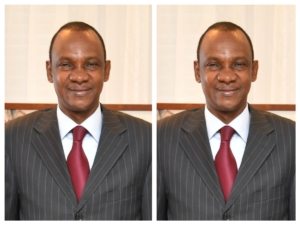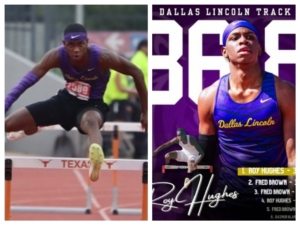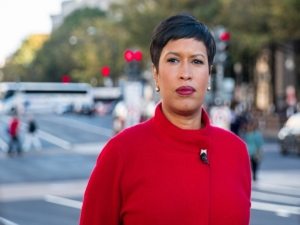Federal control over Washington’s police force began taking shape Tuesday as some of the 800 National Guard troops ordered in by President Donald Trump arrived in the city. The move follows Trump’s unprecedented decision to assume authority over the Metropolitan Police Department, citing what he called, without evidence, a “lawless” capital in need of an emergency crackdown.
The deployment rolled out less than 24 hours after Trump’s televised announcement activating the Guard and asserting federal command over local policing. Though he described a public safety crisis, city officials noted crime has been trending downward, not upward. Under the 1973 Home Rule Act, the president can take charge of D.C.’s police for up to 30 days during an emergency, but until now, no president had exercised that power.
Mayor Muriel Bowser pledged cooperation while underscoring that the police chief still ran day-to-day operations. “How we got here or what we think about the circumstances — right now we have more police, and we want to make sure we use them,” she told reporters. The measured tone contrasted with her sharper criticism the day before, when she labeled Trump’s plan “not productive” and out of step with declining crime rates.
The Justice Department, led by Attorney General Pam Bondi, cast Tuesday’s federal-local meeting as progress. In a social media post, Bondi promised close coordination “to make Washington, D.C., safe again.” Standing alongside Trump the day before, she vowed, “Crime in D.C. is ending and ending today.”
Watch a recent episode of The BreakDown podcast below and subscribe to our channel PanaGenius TV for latest episodes.
Trump has framed the intervention as a show of force, “we’re going to take our capital back”, while Bowser and MPD officials point to a 30-year low in violent crime following a spike in 2023. Carjackings, they note, dropped by roughly half in 2024 and continue to fall this year. More than half of those arrested are juveniles, fueling disagreements between the Trump administration and city leaders over punishment and rehabilitation.
For Bowser, a Democrat long at odds with Trump, the takeover marks the most direct confrontation yet. During his first term, she fought off plans for a military parade, clashed with his 2020 federal surge against police brutality protesters, and commissioned the “Black Lives Matter” mural just blocks from the White House. In his second term, now backed by a Republican Congress, the dynamics shifted. Bowser dismantled Black Lives Matter Plaza earlier this year and found common ground with the administration on returning the NFL’s Washington Commanders to the city.
Yet, as Clinique Chapman of the D.C. Justice Lab put it, “It’s a power play and we’re an easy target.” A frequent critic of Bowser’s youth curfew policies, Chapman argued Trump’s move “is not about creating a safer D.C. It’s just about power.”
Bowser herself says her options are limited. Washington’s lack of full statehood leaves it uniquely vulnerable to federal takeovers. “We know that access to our democracy is tenuous,” she said. “That is why you have heard me, and many many Washingtonians before me, advocate for full statehood for the District of Columbia.”
READ ALSO: Court weighs Trump’s use of troops in Los Angeles immigration raids
Civil liberties advocates warn of the precedent. “That should alarm everyone,” said Monica Hopkins of the ACLU’s D.C. chapter in an AP report. “Not just in Washington.”
The standoff also reflects Trump’s governing style in his second term, in which he has declared multiple states of emergency, from the border to economic measures, and pressed ahead even as legal challenges played out. His new U.S. attorney, former judge and Fox News host Jeanine Pirro, called the takeover “the step that we need right now to make criminals understand that they are not going to get away with it anymore.”
Ironically, Trump’s narrative of a worsening crime wave conflicts with praise his own appointees have given the city’s recent progress. Ed Martin, his first choice for U.S. attorney, hailed a 25% drop in violent crime earlier this year, crediting “the leadership of President Trump” and the “Make D.C. Safe Again” initiative. Martin’s nomination later collapsed in Congress, paving the way for Pirro’s confirmation and the hardline posture now unfolding on the capital’s streets.
READ ALSO: Trump to take control of D.C. police, deploy National Guard in crime crackdown










